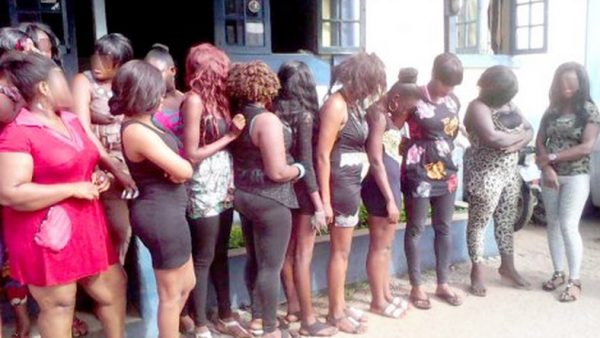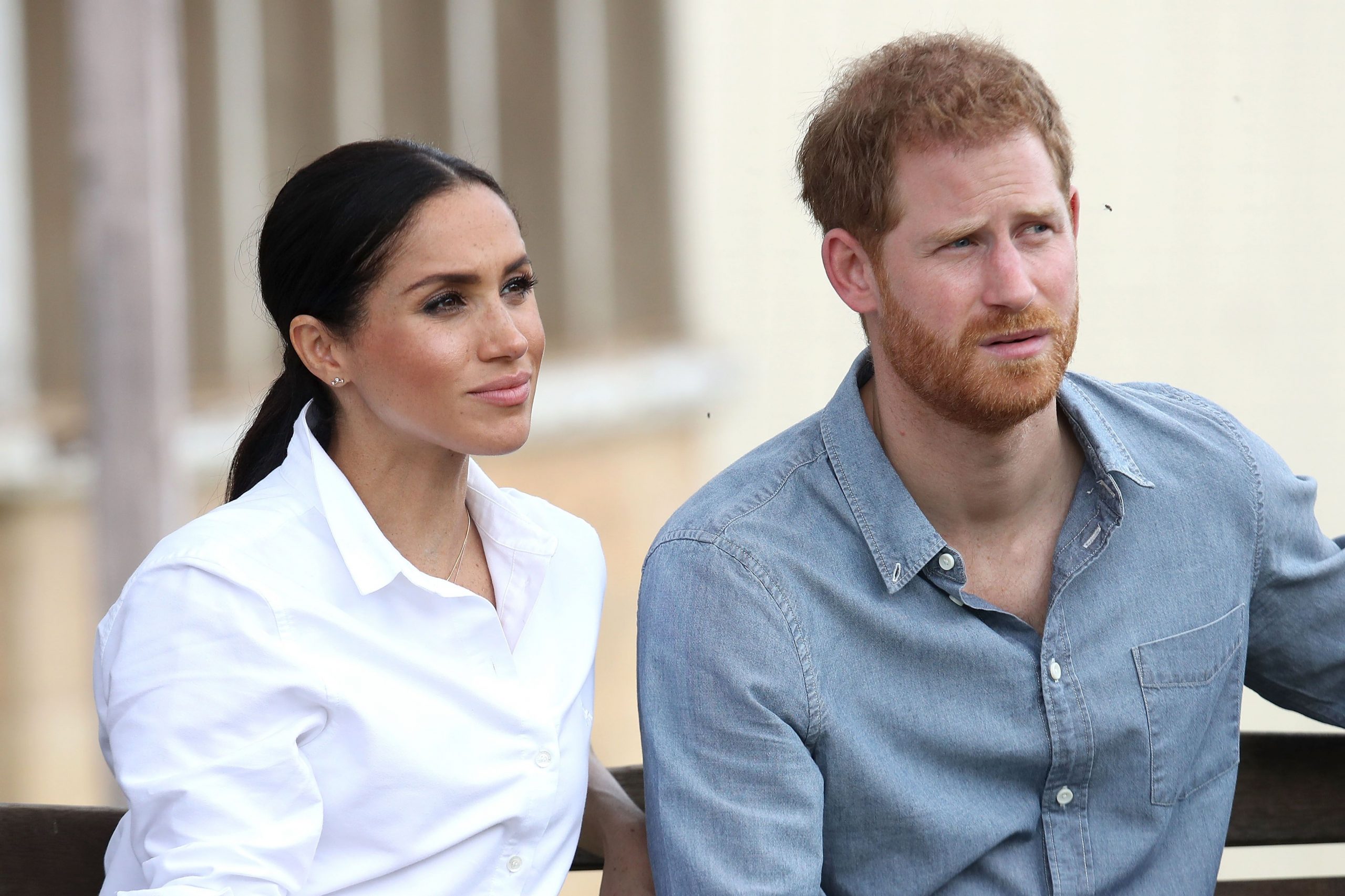The Nigerian ambassador to Burkina-Faso Ramatu Ahmed has said that no fewer than 10,000 Nigerian girls are forced into prostitution in Burkina Faso. A
The Nigerian ambassador to Burkina-Faso Ramatu Ahmed has said that no fewer than 10,000 Nigerian girls are forced into prostitution in Burkina Faso. Ahmed said the victims were mainly underage girls kept in appalling conditions in Ouagadougou and in mining camps across the West African country.
Ahmed, who has been in Burkina Faso since August 2017, said that over 200 Nigerian girls had been voluntarily repatriated this year. According to the Ambassador, many of the girls, who were promised jobs in the country and Europe by the human traffickers, are not willing to return home.
“The spate of human trafficking here in Burkina Faso is a big concern to the embassy because at present, we have nothing less than 10,000 Nigerian girls who have been trafficked into Burkina Faso as commercial sex workers. And most of these girls are underage; most left schools and are roaming about doing commercial sex work in Burkina Faso.
“This, apart from been a dent on our country, is also a sort of concern as far as their health is concerned. This is very serious to us and most of the girls who want to go back as a result of this voluntary repatriation do it because they were tricked, they did not know the condition there were going to find themselves here. For every Nigerian girl that escapes and wants to go back, there are more than 10 in the bush that are willing to carry on,” she said.
Ahmed condemned the activities of Nigerian syndicates operating in Burkina Faso, vowing that the embassy will continue to track them down and bring the perpetrators to book in collaboration with the local authorities. She said the embassy was partnering with the International Organisation for Migration office in Ouagadougou to assist in the voluntary repatriation of some of the victims of human trafficking.
In fact, the IOM is complaining to the embassy that most of its money meant for West Africa is used to repatriate Nigerian girls back home and they are complaining that with time, they would not be able to cope with the number.
“So, if the embassy alone has repatriated 200 girls, you can imagine how many girls the IOM has repatriated and the reason they are complaining,” she said.
Ahmed appealed to Nigerian parents and guardians to monitor their children and wards more closely and not to be swayed by promises of greener pastures abroad.
“Most of the girls said their parents didn’t know that they were here; and some will tell us that their parents know and some will say that they were sent by either their father, mother, or uncle.
“This is a problem that emanated from the family. For the girls, I wish to tell them that anybody that comes to tell them that he is taking them to somewhere to either be employed as hairdressers or work in the shop, these are human traffickers. Anybody that will tell them not to work in Nigeria, but to move outside (abroad) is simply a human trafficker and they should be weary of such persons,” she said
The Director-General of the National Agency for the Prohibition of Trafficking In Persons, Julie Okah Donlie, while briefing the ECOWAS Parliament on the spate of trafficking in West Africa in December 2018, said that 500 girls were trafficked from Nigeria on a daily basis. She said that 20,000 Nigerians girls were also discovered in Mali.


